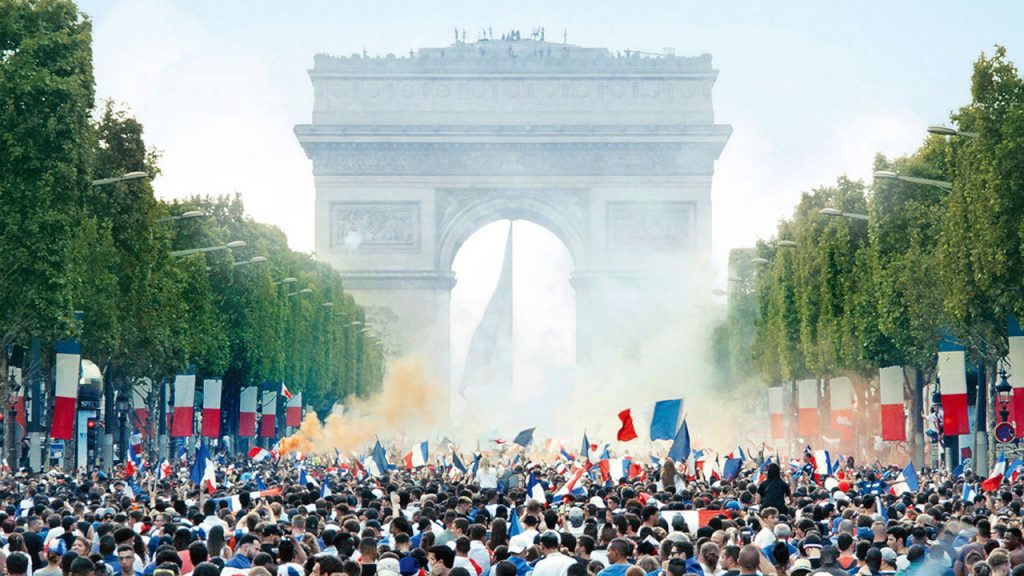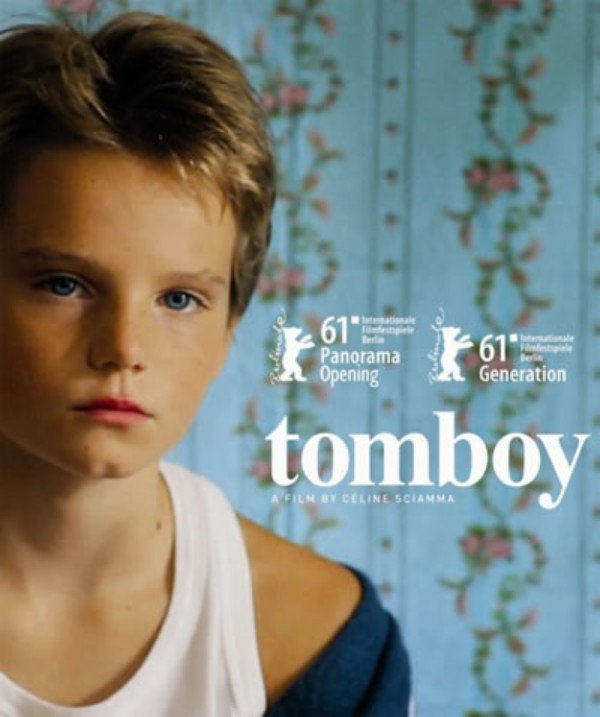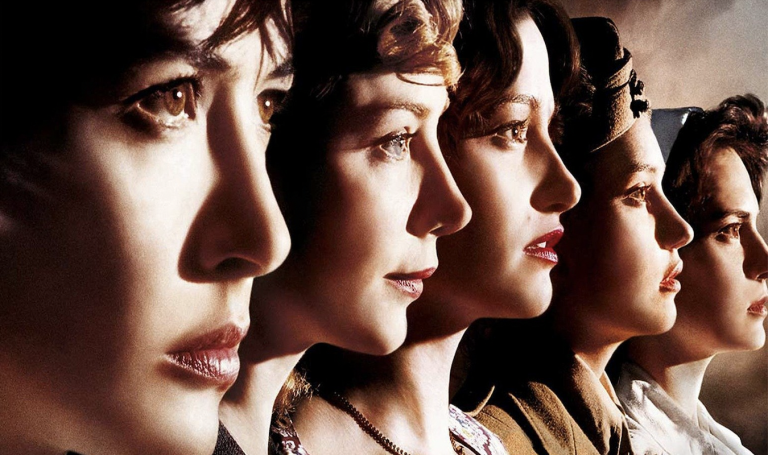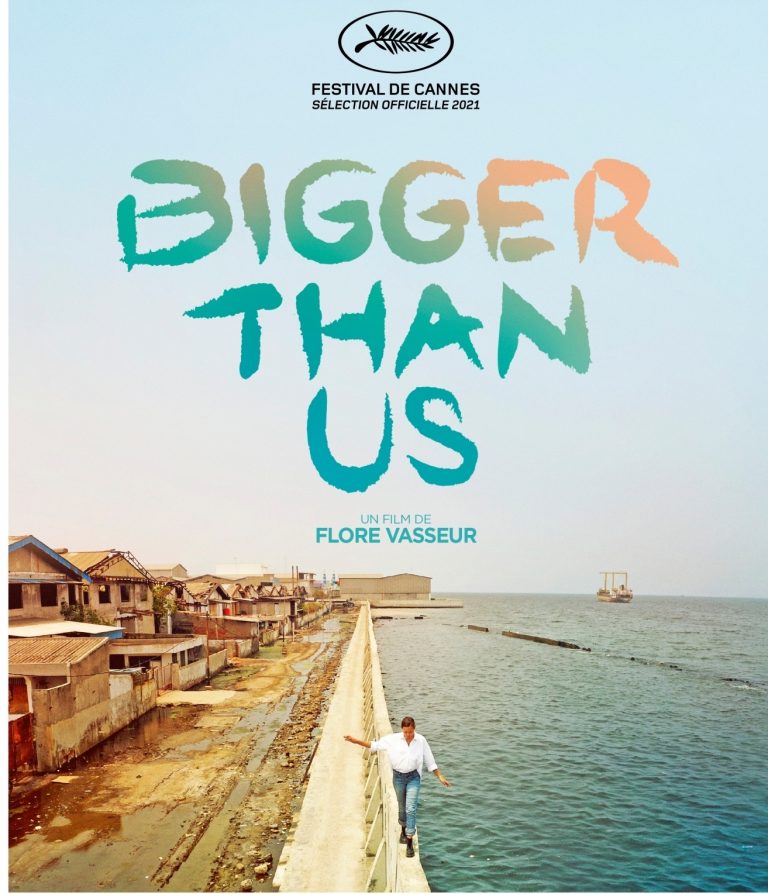Critiques de Film French Student Film Critic Prize
Les Misérables review, by Lincoln Hall
This isn’t the Les Misérables that you might expect. Made in 2019 and directed by Ladj Ly, the film is a gripping exploration of the lives of people in the working-class areas of modern-day Paris. It’s part of the genre of banlieue cinema in France, where underrepresented and marginalised groups who live in the outer suburbs are put front and centre. This isn’t what you see as a tourist. This is a look at the underbelly of Paris.
Les Misérables translates roughly as “the wretched poor” or “the dispossessed”. The film nods to its title’s inspiration, the Victor Hugo novel that examines the lives of the wretched in the 1800s. This film is set in the same suburb where Hugo wrote his influential novel and set some of that classic story. While the themes of justice, morality, and faith echo between these two works, the film’s plot is original and will keep you guessing until the final moments.
The film begins in the city streets, which are flooded with people after France’s 2018 victory at the FIFA World Cup. There’s the Eiffel Tower, the Arc de Triomphe, and the iconic blue, white, and red of the French flag. There is no doubt that this film is about the French people, and the values embedded in that flag of liberté, égalité, fraternité – liberty, equality, brotherhood. We see the crowds chanting together, celebrating as one. But what does it mean to be part of a team? What does it mean to belong to a group? What does it mean to be French?
A number of well-written and well-acted characters grab our attention. The lead character is arguably Stéphane Ruiz (Damien Bonnard), a police officer who recently moved to Paris and has joined the anti-crime brigade. Through his eyes we learn of the neighbourhood dynamics, especially between the police and citizens in the city of Montfermeil. When the Commissioner (Jeanne Balibar) assigns Ruiz to work in a squad with Gwada (Djebril Zonga) and the unpredictable Chris (Alexis Manenti), she reminds Ruiz of the importance of sticking together: “No solidarity, no team. No team, we are alone.” This theme runs deep through the film, encouraging the audience to question what we give up and what we gain when we are a part of a group.
The film dives head-on into the conflicts and struggles created by differences in power, race, class, and religion. It inspects how masculinity manifests itself across generations. So much has changed, and so much has stayed the same since Hugo’s novel was written over 150 years ago. While the novel’s legacy is undeniable, the film’s cultural impact in France has also been significant, with its unflinching look at the less glamourous side of France’s capital. Its insight and intelligence are matched by thrilling action. There are chases, drones, explosions, and actual lions in this film.
Can one film capture all the complexity of life in the banlieues of Paris? Perhaps not. However, the film is a brilliant entry point for people wanting to see behind the facade of the famous “City of Lights”. Some characters and relationships can feel a little familiar – the reluctant cop, the rebellious kid, the raging criminal – but the film presents them in new scenarios that feel fresh, and all too relevant. It looks at how a social environment shapes a person. How we are “cultivated” from a young age. Perhaps these characters feel familiar because cycles of violence and fear keep repeating themselves. The film was made before the world knew the names of George Floyd or Breonna Taylor – though France already knew the name of Adama Traoré, Zyed Benna and Bouna Traoré – yet its scenes almost echo those future tragedies.
Les Misérables has a powerful tension that grips you throughout its 100 minutes. It’s no wonder that it won the Jury Prize at the Cannes Film Festival, Best Film at France’s prestigious César Awards, and represented France as an entry for Best International Feature Film at the Academy Awards. The pressure builds to a violent finale and a climax that will stay with you long after the credits roll. It is a call for social change, for reform, for revolution. For a deeper awareness of the cultural and social makeup of modern-day France. Perhaps we should look at our own backyard too.
Lincoln Hall, the author of this film review, is a student of Biology and French at the Australian National University.





